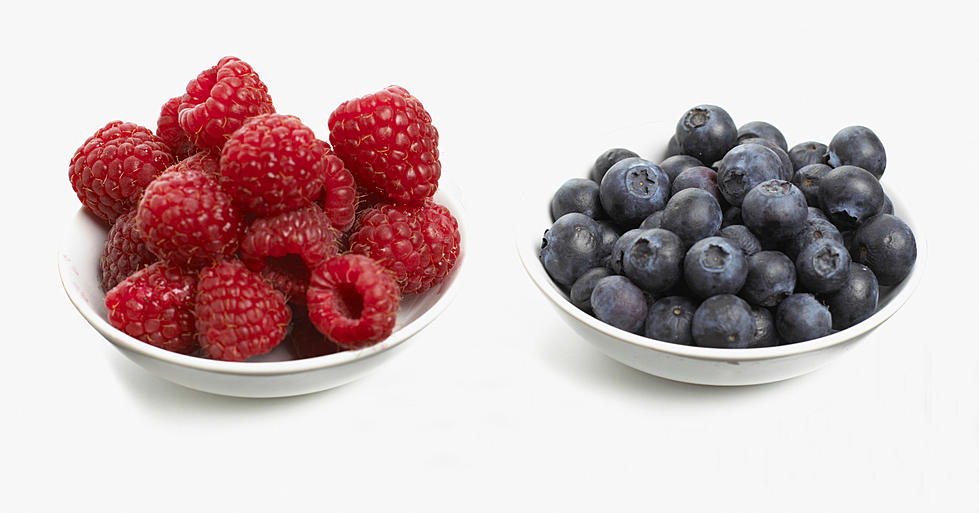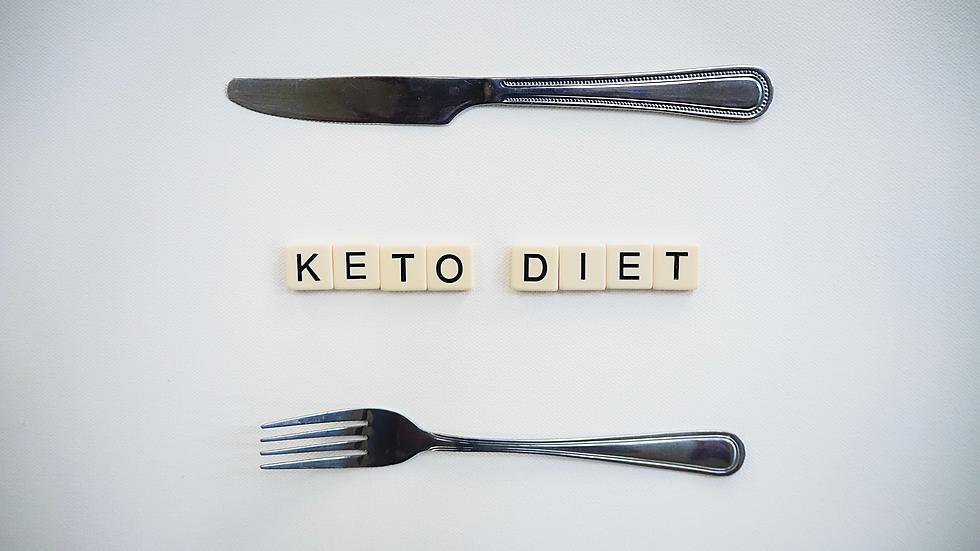
Foods That May Help Prevent Breast Cancer
While there's no way to fully know whether or not a loved one, or we ourselves, will receive a diagnosis of breast cancer, there are some dietary guidelines that some health providers say may help create a more preventative, anti-oxidant rich, alkaline environment in our bodies. While doctors and healthcare providers may argue over this, there are many who feel strongly that there are some indications that eating certain foods can make a difference. While this list may not be comprehensive, here are some of the foods you may want to incorporate into your diet immediately:
Berries. Pick your favorite--blueberries, black raspberries, and strawberries are all high in antioxidants, including Vitamin C and polyphenols. Some experts believe that eating 3/4 to 1 cup of berries a day may possibly reduce risk of breast cancer.
Green Tea. You've probably heard a friend or loved one extolling the healthfulness of green tea. It's been the subject of a study for awhile to test it's role in cancer prevention. Why? Well, like berries, green tea has a high level of polyphenols, and also catechins. Although more research needs to be done to reach a conclusion as to its effectiveness, any brew that high in antioxidants should be added to your list of beverage considerations. Pro-Tip: It's delicious with honey.
Dark, leafy greens and cruciferous veggies. This one is a biggie, too. Cruciferous veggies, such as broccoli, cauliflower, kale, and Brussels sprouts, are very high in antioxidants and thus can be a powerful ally in fighting the free radicals that can damage our cells. They also contain a chemical called glucosinolates which may also have cancer-fighting potential.
And when it comes to greens, they say "the darker, the better." "Better," meaning the nutrition is more concentrated. Also high in antioxidants, dark leafy greens such as spinach and swiss chard, are also quite high in fiber--also making them a powerful preventative ally.
Other foods thought to be helpful in breast cancer prevention? There are many from plums and peaches to pomegranate juice. If you're ready to start incorporating more of these potent nutritional protectors into your diet immediately, let me encourage you to get even more info from the John Hopkins Hospital website here.
More From K945, The Hit Music Channel









